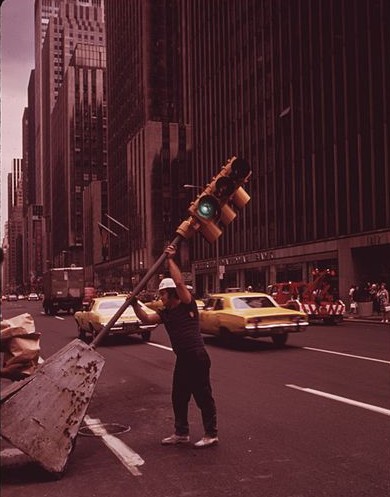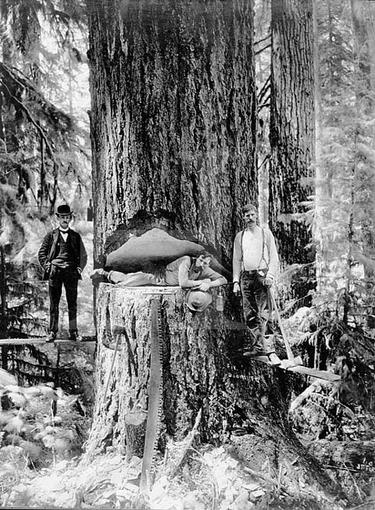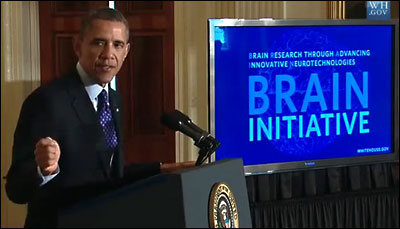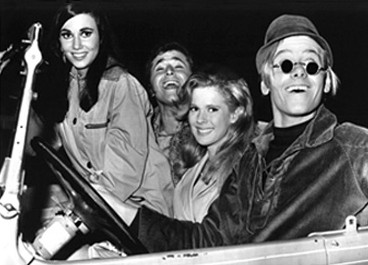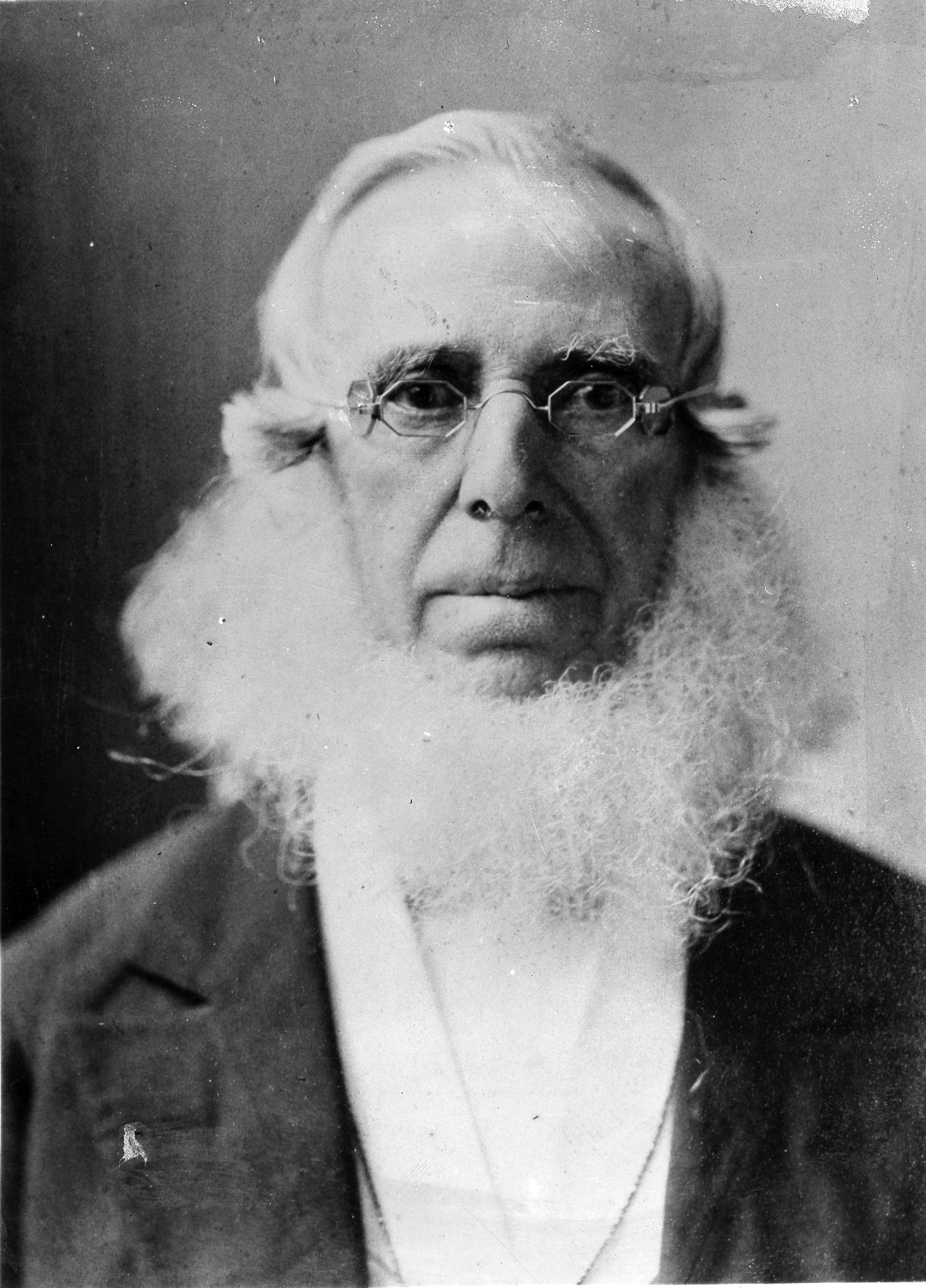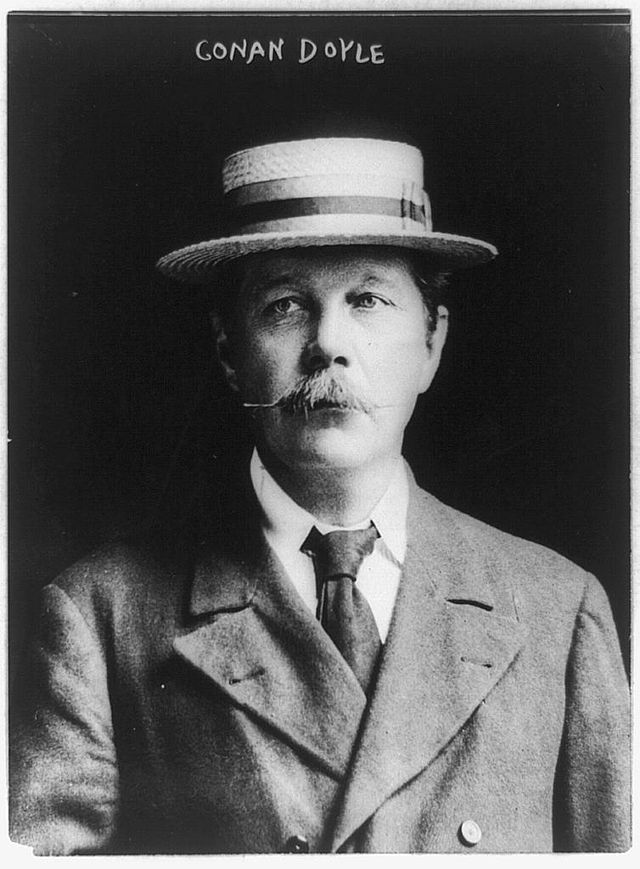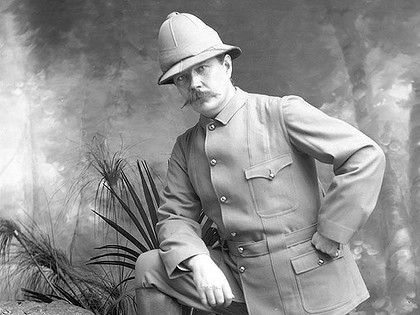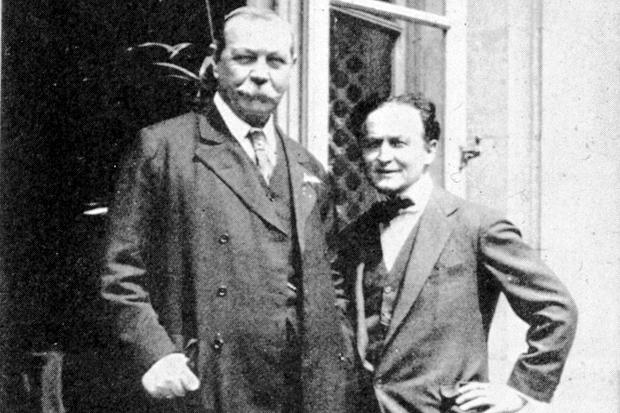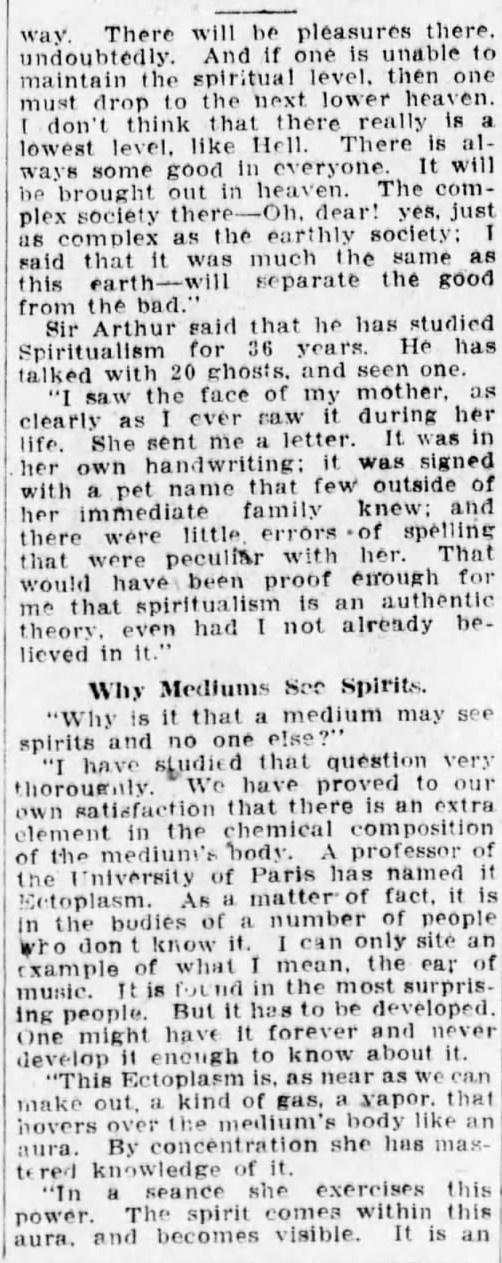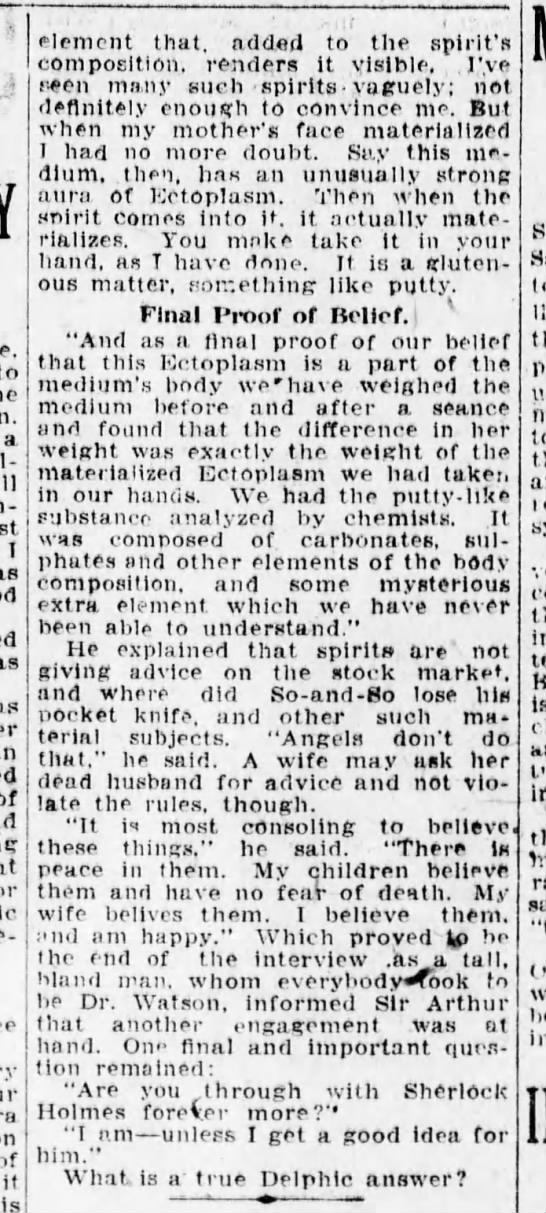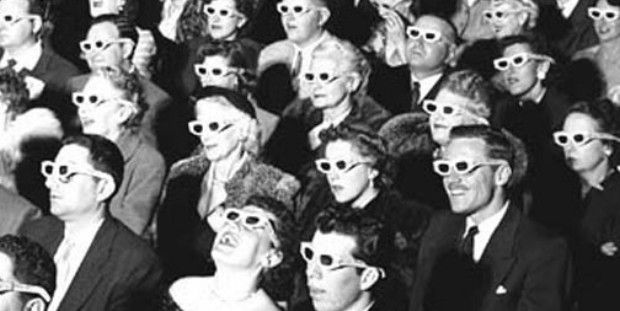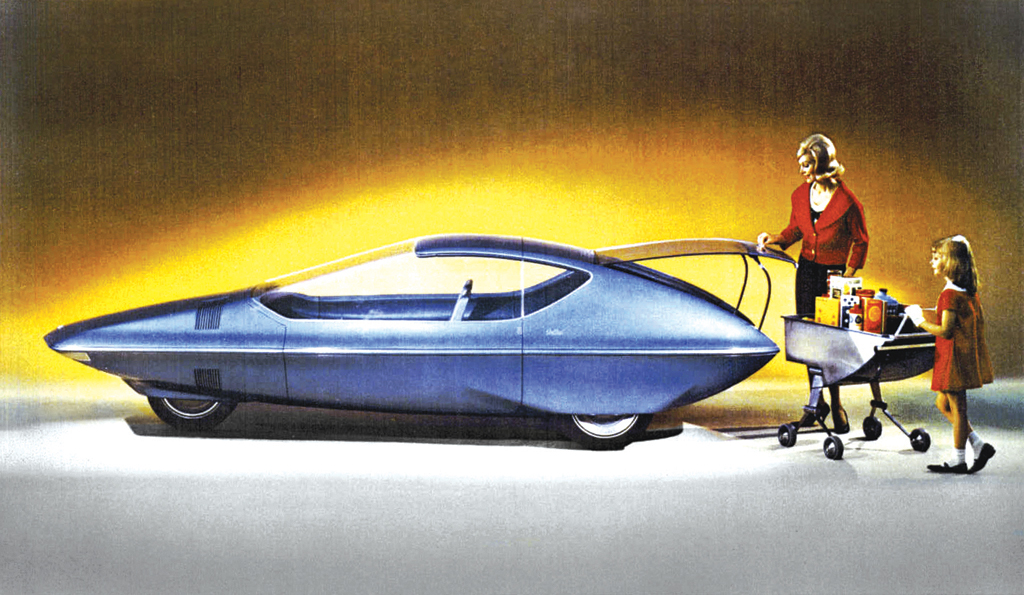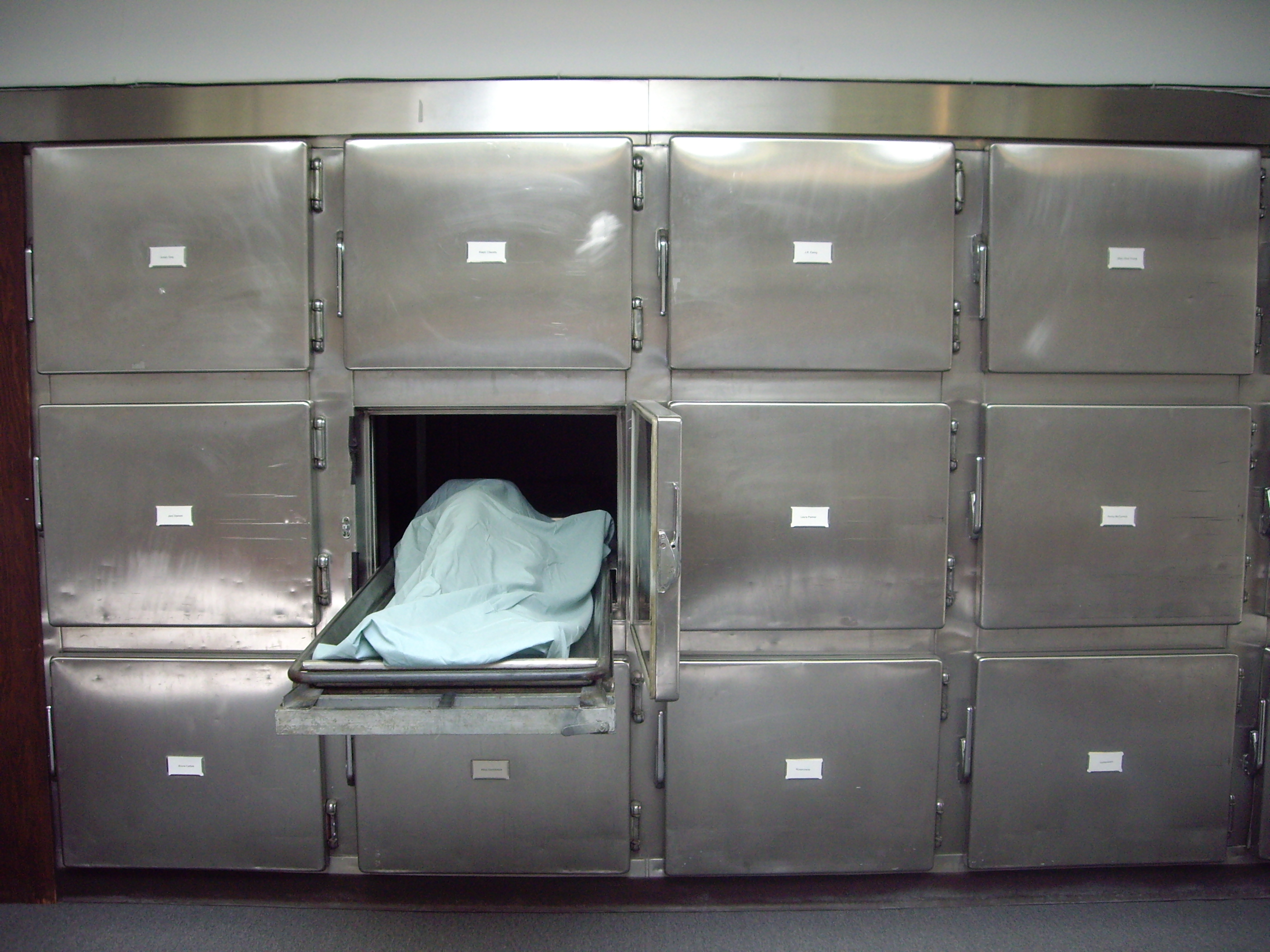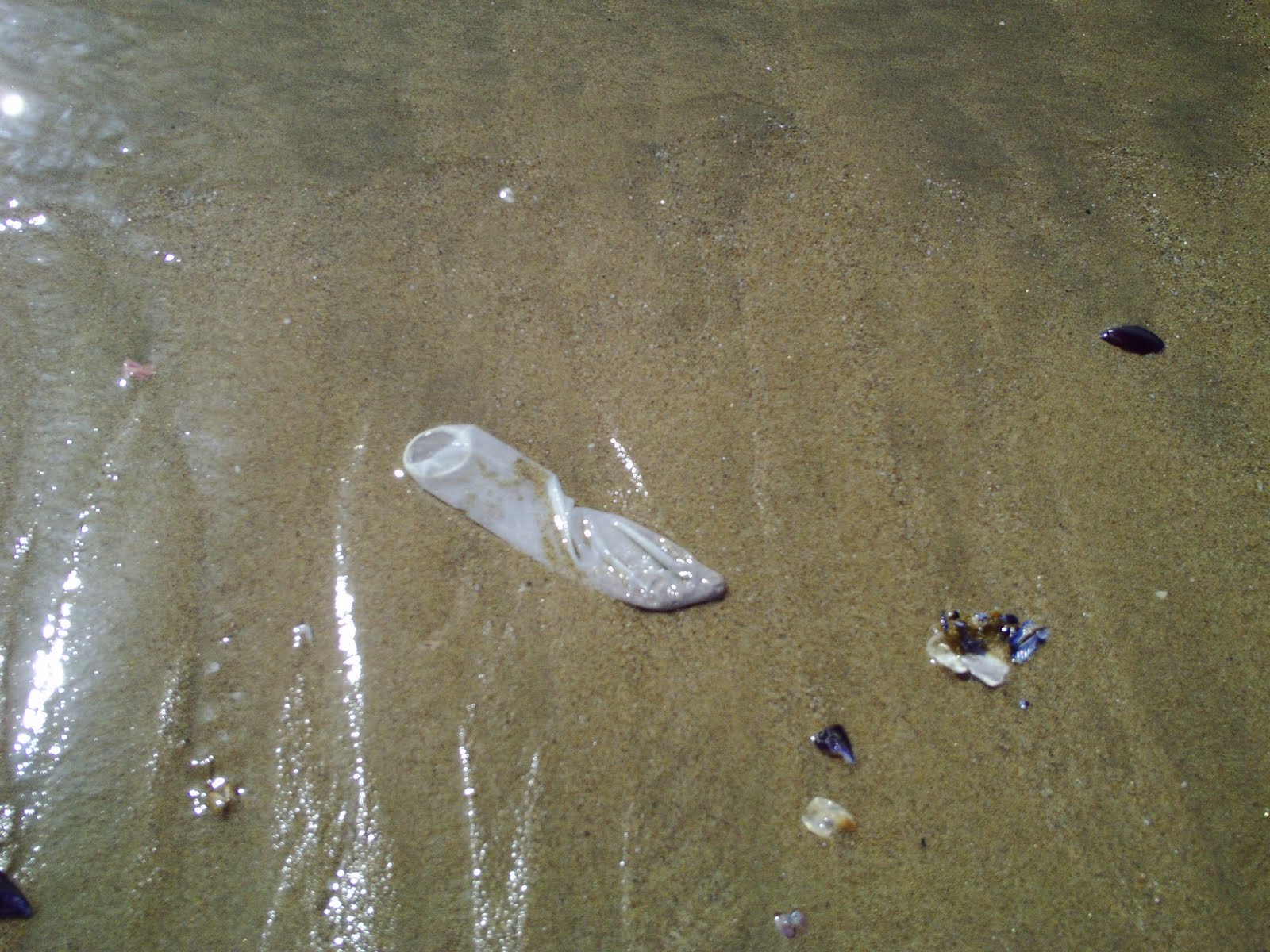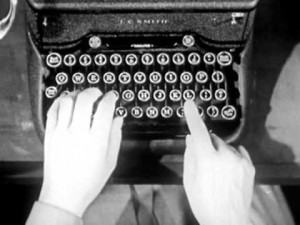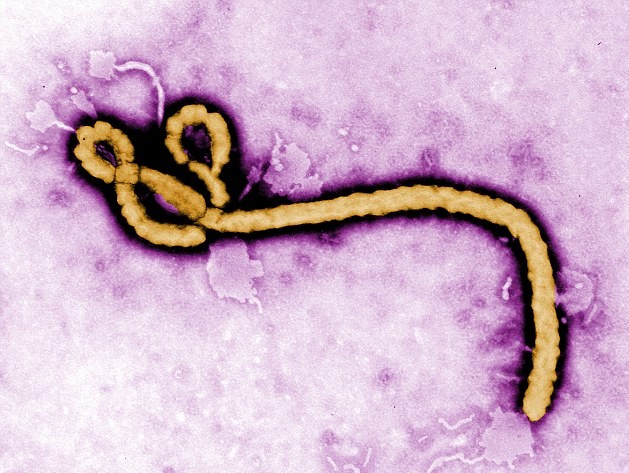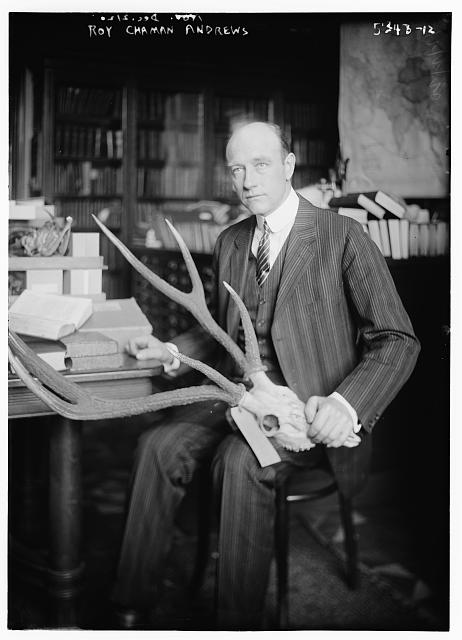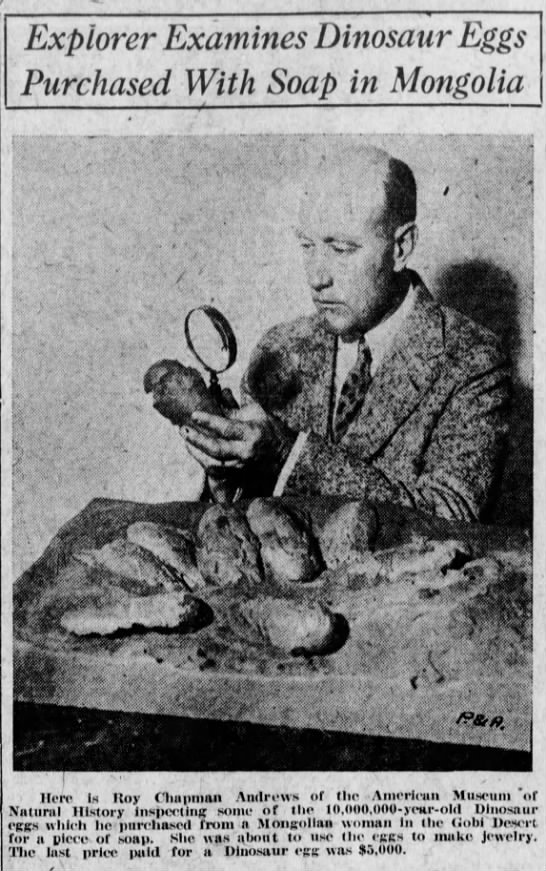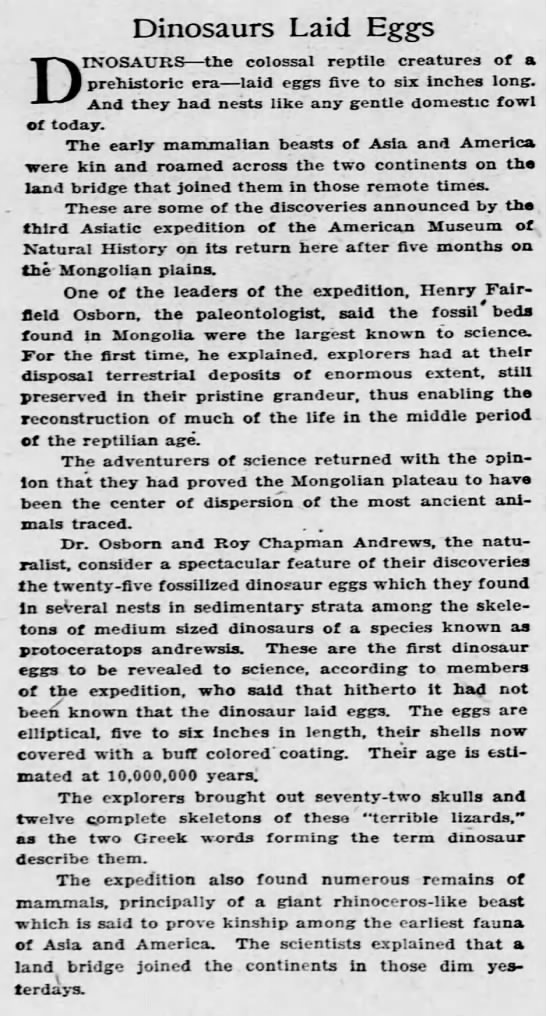While the number of U.S. citizens who’ve died on American soil from Ebola remains constant, Liberia is truly in the grips of a deadly epidemic. It’s a horror of human suffering and loss and must be surreal for a nation that was starting to rise up economically. Marcus DiPaola, a freelance journalist who just returned from reporting in Liberia, did an Ask Me Anything at Reddit about this modern plague. A few exchanges follow.
___________________________
Question:
Are people optimistic that Ebola will be defeated?
Marcus DiPaola:
Optimistic is… not the right word. They’re expecting it to be defeated. You gotta realize how much public knowledge there is about the outbreak here. NO ONE is shaking hands. NO ONE is touching each other. All the radio stations play Ebola songs.
___________________________
Question:
Is it as bad as the media is making it out to be?
Marcus DiPaola:
I am a member of the media, and I think it’s pretty damn bad.
Locals treat every dead body with suspicion now, a crowd gathered in Central Monrovia as an alleged thief jumped into the river in Monrovia and died. Bystanders say he was not a suspected Ebola case, but many people are unwilling to take the risk associated with pulling out the body. As a result, the Liberian Red Cross Ebola burial team was called and arrived in hazmat suits and collect the body.
Cellcom Liberia, one of the country’s largest cell phone providers, has a worker checking temperatures before shoppers are even allowed to enter Cellcom Liberia’s parking lot. The worker writes down the temperature on a name tag, which is then checked by security guards after entering the parking lot, then again as they line up to enter the store, then again checked at the door to the store.
Many restaurants, hotels, banks, and stores have hand washing stations installed, and require you to wash your hands before entering. Some businesses’ attempts at requiring hand-washing fall short of their goals, as many of the buckets contain water with no soap available, or chlorine mixed into the water.
___________________________
Question:
Do you personally think things will continue to escalate? Or does it seem like things are more under control than the American media is making them out to be?
Marcus DiPaola:
No, I think things are escalating right now– the burial teams are working flat out and there are about 10 of them. I think the numbers are being under-reported, especially from the Liberian government.
___________________________
Question:
Should America be worried about Ebola?
Marcus DiPaola:
Yes. But not in the way you might think… it’s going to keep coming here, I have no doubt of it, but I’m willing to bet we’ll never see a full-blown outbreak. The experts I was with made it clear to me that you really really really have to work at it to get it as a non-caretaker. You have to touch bodily fluids. Fomites can theoretically do it, but everyone there kinda didn’t really worry about that, and they’ve been doing this since March.•


